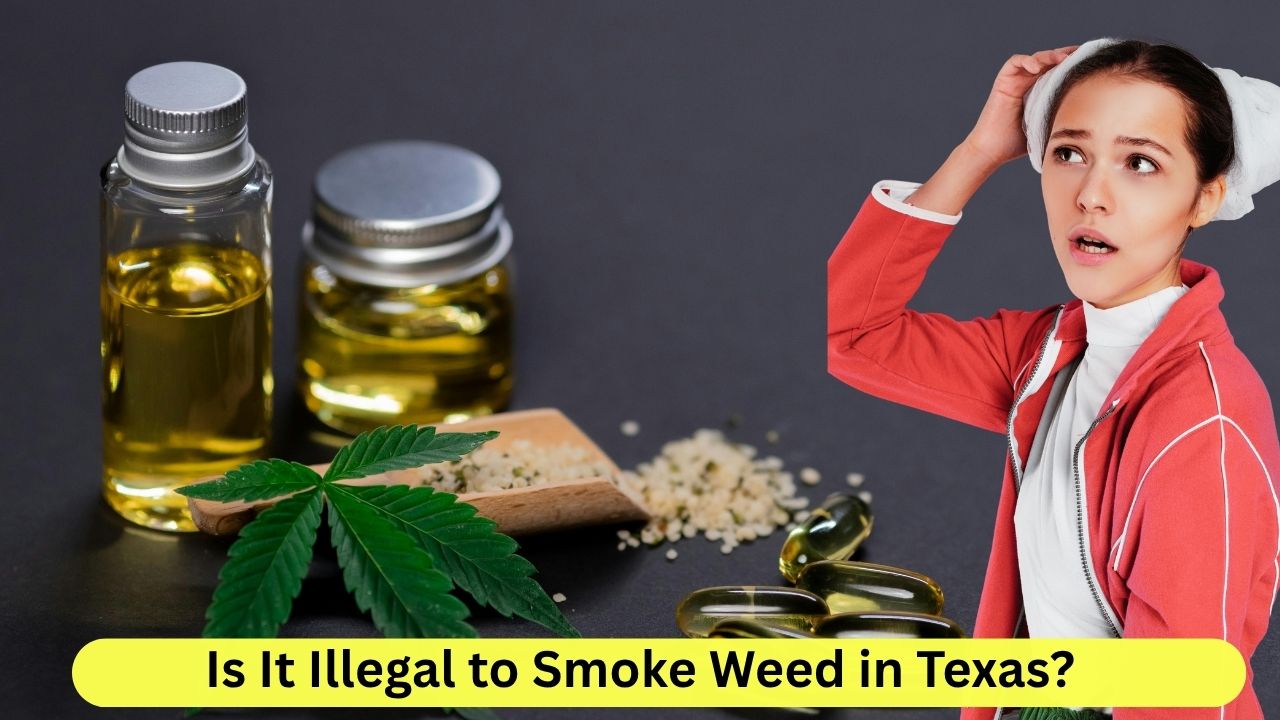Texas is known for its strict stance on law and order, and that extends to cannabis. Despite the wave of legalization sweeping across the U.S., marijuana remains illegal for recreational use in the Lone Star State. That said, there are exceptions, nuances, and ongoing legislative shifts that paint a more complex picture—especially if you live in a smaller town like Ingleside or in one of the state’s sprawling metros.
This article breaks down what the law currently says about marijuana in Texas in 2025, who qualifies for medical use, how cities are responding differently, and what Texans can expect in the near future.
A Brief History of Cannabis in Texas
Cannabis prohibition in Texas dates back to 1931, when possession of any amount could result in lengthy prison sentences. For decades, marijuana was classified as a serious felony. However, reforms in the 1970s began to chip away at these harsh penalties.
It wasn’t until 2015 that the Texas Legislature made its first move toward medical use with the Compassionate Use Act. Over the years, updates to this law have expanded access but kept THC limits low. Hemp legalization in 2019 added further complexity by creating a legal market for low-THC cannabis products.
Current Legal Status of Marijuana in Texas
Recreational Use
Smoking weed for fun? That’s still illegal in Texas. Recreational marijuana has not been legalized in any form. This applies whether you’re in Austin, Dallas, Houston, Ingleside, or anywhere else in the state.
Possession Penalties
Possession of even a small amount of marijuana can carry criminal charges:
-
Under 2 ounces is a Class B misdemeanor, potentially punishable by up to 180 days in jail and a $2,000 fine.
-
2 to 4 ounces is a Class A misdemeanor.
-
More than 4 ounces can result in felony charges and years behind bars.
Penalties increase with quantity and intent to distribute.
Hemp vs. Marijuana Confusion
In 2019, Texas legalized hemp—defined as cannabis with less than 0.3% THC by dry weight. This led to the rise of hemp-derived products like CBD, delta-8, and THC-O. Many of these products look, smell, and even feel like traditional marijuana, leading to legal confusion and mistaken arrests.
While these products may be technically legal, consumers and sellers alike have been prosecuted because law enforcement lacks the equipment to distinguish hemp from illegal cannabis in the field.
Medical Marijuana in Texas
Compassionate Use Program (CUP)
Texas does allow limited access to medical marijuana under the Compassionate Use Program. Qualifying conditions include epilepsy, multiple sclerosis, terminal cancer, autism, ALS, PTSD (added recently), and several other neurodegenerative diseases.
THC limits are strictly capped at 1%. Patients must be prescribed cannabis by a CUP-registered physician, and the product must be obtained from a licensed dispensary.
Access in Cities Like Austin, Houston, and Ingleside
While access is growing in major cities, rural and coastal areas like Ingleside often face logistical barriers. Ingleside residents typically need to travel to Corpus Christi or use delivery services from licensed dispensaries.
In contrast, cities like Austin and Houston have multiple clinics, access to prescribers, and a growing number of patients benefiting from cannabis therapies.
Local Enforcement and Decriminalization
Texas law is enforced differently across its 254 counties. In major urban areas, you might encounter leniency. In rural counties, including those near Ingleside, enforcement tends to follow state law more rigidly.
Big Cities Leading the Way
-
Austin passed a resolution directing police not to issue citations or arrests for low-level marijuana possession.
-
Dallas, El Paso, and San Antonio have cite-and-release programs.
-
Harris County (Houston) offers diversion programs instead of jail for small-time possession.
Ingleside and San Patricio County
Ingleside does not have any decriminalization policy in place. Local law enforcement follows Texas state statutes. This means someone caught with even a gram of marijuana in Ingleside could face arrest, unlike in Austin or Travis County, where they might receive a citation or warning.
2025 Legislative Developments
This year has seen significant movement in the Texas Legislature concerning cannabis and hemp products.
Senate Bill 3
This bill aimed to ban hemp-derived THC products, including popular alternatives like delta-8. Advocates argued it closed loopholes allowing the sale of intoxicating substances in gas stations and vape shops. The bill passed both chambers but was vetoed by Governor Greg Abbott.
Governor’s Veto and Special Session
The veto surprised many, as Abbott signaled support for more regulation rather than a complete ban. As a result, a special legislative session is scheduled for July 21, 2025, to review the future of hemp and cannabis regulation, including age restrictions, licensing, and product safety.
This session could redefine what’s legal—and what isn’t—in Texas.
Public Opinion & Changing Attitudes
Polls show that most Texans favor some form of marijuana reform:
-
Nearly two-thirds of Texans support full legalization of recreational marijuana.
-
Over 75% support expanded access to medical marijuana.
-
Support crosses party lines, with a majority of Republican voters in favor of medical use and decriminalization.
Despite this, conservative leadership in the Texas Senate has stalled or killed past reform efforts.
Real-World Risks and Consequences
Arrests Continue
Despite growing support for reform, arrests still happen across Texas, especially in conservative counties. Even those in possession of hemp-derived THC products have faced legal consequences due to confusion around product legality and labeling.
Employment and Housing Risks
In Texas, employers can still terminate workers who test positive for marijuana—even if it’s medical or hemp-derived. There are no anti-discrimination protections for patients using cannabis under the CUP. The same goes for housing and child custody—using marijuana, even medically, can be used against you in court.
Out-of-State Residents Beware
Traveling through Texas with legal cannabis from Colorado, California, or New Mexico can land you in serious trouble. Texas does not recognize medical marijuana cards from other states.
What Ingleside and Coastal Texans Need to Know
Living in Ingleside or nearby cities in San Patricio or Nueces County comes with unique risks:
-
There is no decriminalization locally, so state law applies fully.
-
Possession of even legal hemp products may result in legal trouble if law enforcement suspects it’s marijuana.
-
Medical cannabis access is limited—residents often rely on delivery services or make the 30-minute drive to Corpus Christi.
-
Police cooperation with county prosecutors in Ingleside means small offenses can still lead to criminal records.
Ingleside residents interested in medical marijuana should speak with a CUP-registered physician and retain documentation at all times. Stay up to date on the July legislative session, as laws could change quickly.
What’s Next for Texas?
The July 2025 special session could lead to:
-
Clearer regulation of hemp-derived THC products
-
Minimum age requirements (likely 21+) for purchasing CBD, delta-8, etc.
-
Expanded protections for medical cannabis patients
-
Potential higher THC limits for specific health conditions
-
Consolidated licensing rules for dispensaries and labs
However, full recreational legalization still faces strong political opposition, especially from key figures in the Texas Senate. Until state leadership changes or national legislation overrides state laws, Texas will likely continue its piecemeal approach.
Conclusion
So, is it illegal to smoke weed in Texas? The short answer: yes, unless you are a registered medical marijuana patient using low-THC products under a physician’s guidance.
While enforcement varies by city, state law is clear. Texans—especially those in smaller cities like Ingleside—must navigate a complex legal landscape full of gray areas, local discretion, and evolving rules.
With rising public support and a critical legislative session on the horizon, change may be coming. But for now, be cautious, be informed, and don’t assume what’s allowed in Austin will fly in Ingleside.




